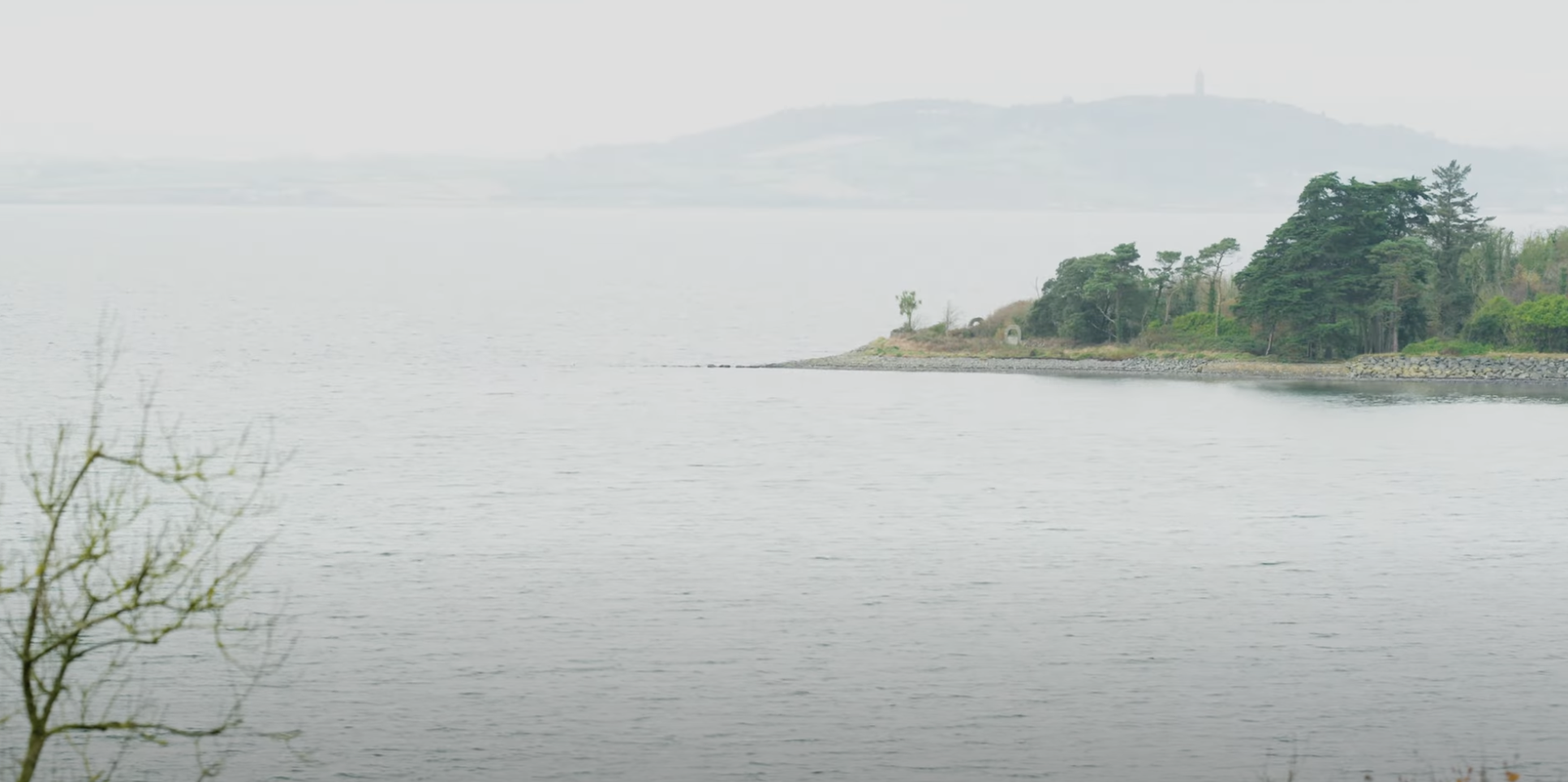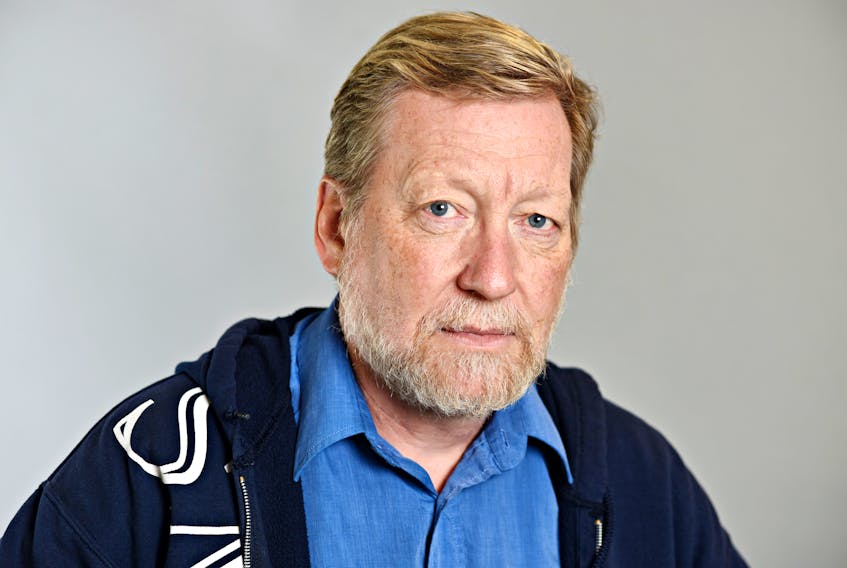Treatied Spaces’ Monty Simus will attend the fifth session of the Intergovernmental Negotiating Committee (INC) which is working to develop an international legally binding instrument on plastic pollution, including in the marine environment. Taking place from 25 November to 1 December 2024 in Busan, Korea, INC5 aims to develop an international framework for global plastic bans and phase-outs, product and systems design requirements, implementation support and mechanisms for gradual treaty strengthening.
Why is this important to Treatied Spaces? Plastic pollution impacts human and ecological health worldwide, but it is a particular threat to Indigenous Peoples, their territories, waters, traditional lifestyles, health, and Traditional Knowledge because of the multiple layers of exposure.
At the top of the food chain, humans consume higher concentrations of pollutants, like microplastics, after it has bioaccumulated in food sources. And, as reported by the March 2024 American Bar Association report entitled, Pervasive Plastics: How Tribal Nations Bear the Cost of Pollution without Adequate Legal Support, Tribal Nations that rely on subsistence fishing are especially vulnerable to microplastic contamination because of the portion of their diet coming from exposed sources.
Furthermore, Tribal communities with limited access to fresh food and water are more likely to rely on fast food sources and bottled water – both of which utilize packaging containing toxins, and even the water within the bottles is known to contain microplastics.
A comprehensive study published in 2020 details how Indigenous peoples around the world face the burdens of pollution disproportionately, explicitly stating that these communities are exposed to microplastics, as well as heavy metals, pesticides, and radioactive materials.
What is the role of TEK in the plastics treaty? On 2 March 2022, the UN Environment General Assembly adopted Resolution 5/14 as a starting point for developing this international agreement on the production and use of polymers, the chemical compound from which plastics are derived.
Paragraph 4 of this resolution established that the INC, when negotiating the instrument, should consider the best available scientific evidence, including Indigenous and Traditional Knowledge, as well as the need for a financial mechanism to support the implementation of the instrument, including the option of a special multilateral fund.
Thus far, however, TEK has not been fully incorporated in the discussions and – as Treatied Spaces aims to bring together educators, Indigenous groups, NGOs and policymakers to foreground treaties and environmental concerns – we see the Global Plastics Treaty as one more opportunity to seek social and environmental justice across the globe, and establish a more balanced relationship between Indigenous and settler communities over land, resources, peoples and environments on earth and in the seas.
Photo: ‘Plastic Pollution‘ by The Revelator on Flickr.




